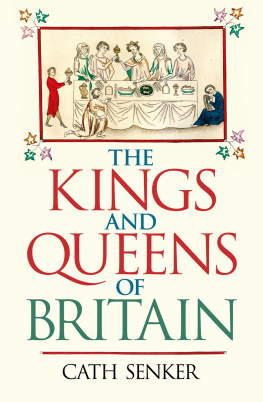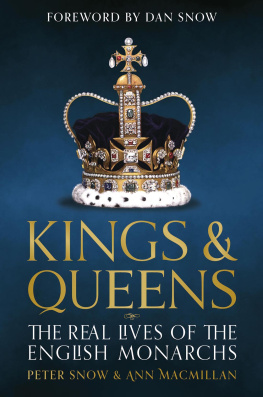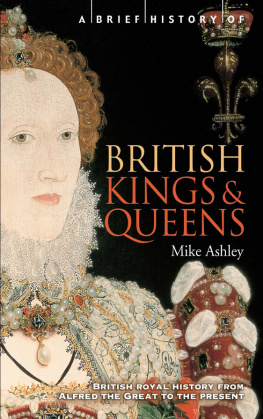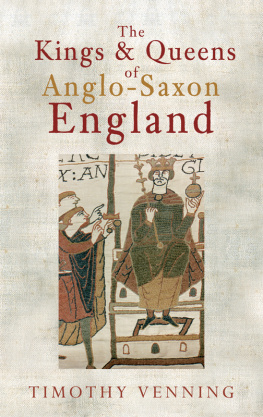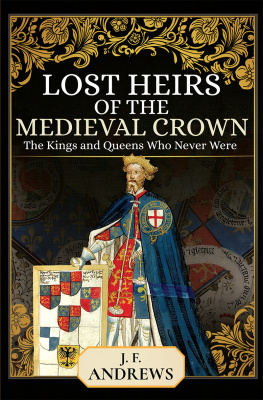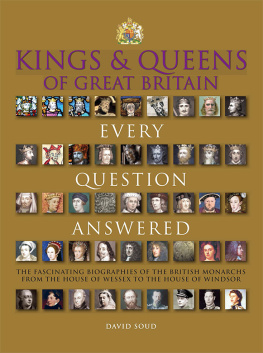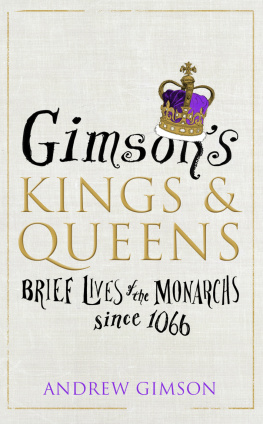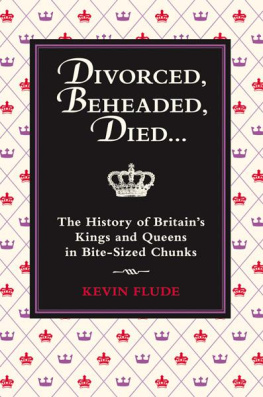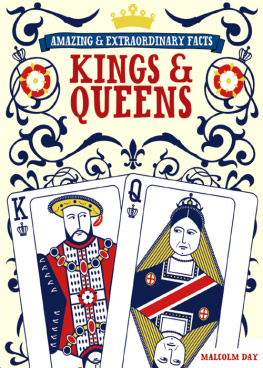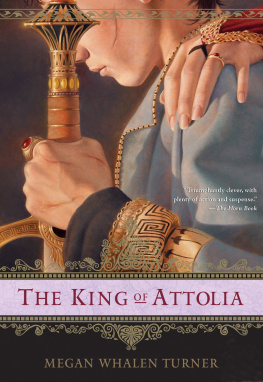
Text copyright 2012 Karl Shaw
Illustration copyright 2012 Chris Altham
Copyright 2012 Bloomsbury Publishing
Designed by Marcus Duck
This electronic edition published in January 2013 by Bloomsbury Publishing Plc
First published 2012 by A&C Black
An imprint of Bloomsbury Publishing Plc
50 Bedford Square, London, WC1B 3DP
www.acblack.com
www.bloomsbury.com
All rights reserved. You may not copy, distribute, transmit, reproduce or otherwise make available this publication (or any part of it) in any form, or by any means (including without limitation electronic, digital, optical, mechanical, photocopying, printing, recording or otherwise), without the prior written permission of the publisher. Any person who does any unauthorised act in relation to this publication may be liable to criminal prosecution and civil claims for damages
The rights of Karl Shaw and Chris Altham to be identified as author and illustrator of this work have been asserted by them in accordance with the Copyrights, Designs and Patents Act 1988.
A CIP record for this book is available from the British Library.
eISBN 978-1-4081-9403-4
Visit www.acblack.com to find out more about our authors and their books
You will find extracts, author interviews, author events and you can sign up for newsletters to be the first to hear about our latest releases and special offers
Contents
Before 1066 the English crown, the oldest in the world, was worn by various Egberts, Eadwigs, Aethlreds, Aethlwulfs, Aethelbalds and Ethelstans, none of whom was very memorable because nobody could agree how to spell their names.
To be fair this wouldnt have bothered many of their subjects, because very few of them could read or write anyway. Besides, they had more important things to worry about, like coping with disease, or famine, or how to avoid getting hacked to death by those vicious Viking invaders who were running around the country, murdering and looting at will.
There was just one king whom everyone remembered. Out of this spelling nightmare emerged Alfred the Great (although in fact he was only the king of half of England the southern bit, as far north as the Midlands). Alfred was a strong king who stopped the Viking raids by building a navy and a well-trained army. He also tried to rule fairly and encouraged people to learn. There wasnt very much Alfred couldnt do. He was pretty rubbish at baking, but TV cookery shows were another 1100 years away so people didnt really care if he burnt cakes or not.
For a while England was peaceful and happy, but when Alfred died things went downhill again. The country was ruled by more weak kings most of them with difficult names. England was in an almost constant state of civil war due to pushy local barons who thought they could do a better job than the king.
Meanwhile, to make matters even worse, the Vikings started raiding again, because England was now a dangerously divided kingdom and a great target for attack. In 1042, England found itself under yet another useless king, Edward the Confessor, who spent most of his time praying instead of improving Englands defences.
By now most people were thinking the same thing.
If only we had another strong king like Alfred, someone who doesnt take any nonsense from anyone. Then we could all have a bit of peace and quiet.
Be careful what you wish for!
William I was descended from a much-feared Viking warrior called Rollo, a man who was said to be so big that there wasnt a horse strong enough to take his weight. William had a lot of Rollos Viking character. His idea of fun was skinning his enemies alive then chopping their hands off. William was just the sort of person to knock some sense into those silly, feuding English just across the channel.
William already had a dodgy claim to the English throne as a distant relative of Edward the Confessor. He had a stroke of luck in 1064 when the future King of England, Harold, was sailing down the English Channel and his ship blew off course and landed in Normandy. William took Harold prisoner and tricked him into swearing an oath of loyalty to William over a pile of saints bones, hidden under a table. Harold did as he was told, but then forgot all about it when he got back home. When Edward the Confessor died in 1066, Harold had himself crowned King of England. William was furious; now there was some conquering to be done.
William and his army landed on the beach at Hastings on 28th September. Williams bad temper was made even worse when he tripped as he stepped off his boat, fell headfirst onto the beach and swallowed a mouthful of sand. Nobody laughed.
However, the showdown with Harold would have to wait, as Harolds army were in the north of England fighting off yet another Viking invasion. Harold won, but some of his best men were killed and the rest of the army had to trek all the way back down south. By the time they got to Hastings they were already exhausted. William meanwhile was having a good time chilling on the beach, throwing the odd peasant on the barbecue.

Harolds army came very close to winning, but in the end tiredness took its toll and they were defeated. Harold was killed by an arrow through his eye, but the Norman soldiers also cut his head off and chopped his arms off just to make sure. By the time they had finished, Harold was so badly mutilated that his wife Edith couldnt identify him.
William was crowned king on Christmas Day in Westminster Abbey. A cheer went up as the crown was placed on his head. The Norman guards outside thought something had gone horribly wrong, so they started attacking the crowd and set fire to several buildings.

Williams first job as the new king was to take his army on a tour of England to let everyone know who was in charge. They destroyed everything in their path. If anyone complained, the punishments were terrible. However, another thing William did was get rid of capital punishment.
Hurrah, no more hangings!
Thats right. Im going to chop off your hands and blind you instead. I want you alive so everyone can see who theyre messing with
When William stopped blinding people and chopping their limbs off long enough to draw breath, he thought that it might be handy to have a list of everything he had just conquered. In 1086 he sent out a team of surveyors to compile a great book of every single bit of property in his new kingdom the Domesday Book.
Sadly, William didnt live long enough to enjoy reading it (not that he could read anyway). At the ripe old age of 60, after surviving a lifetime of almost endless warring and bloodletting, he was riding through the streets of a town he had just burned to the ground when his horse stumbled on some hot cinders, giving William fatal injuries.

His funeral was even crazier than his coronation. William had grown very fat and the stone coffin prepared for him was too small. After a lot of poking and prodding as they tried to cram him in, his bowels burst open, filling the church with an intolerable stench and the mourners fled for the doors.
This time people did laugh.
When William I died he had kingdoms on both sides of the Channel. He surprised everyone by giving his old homeland Normandy to his eldest son Robert and England to Roberts younger brother William. For Robert this was like waking up on Christmas morning and finding that your parents had given you a nice new mobile phone, only to discover that your little brother has been given the very latest games console. You just knew it would end in tears.
Next page

